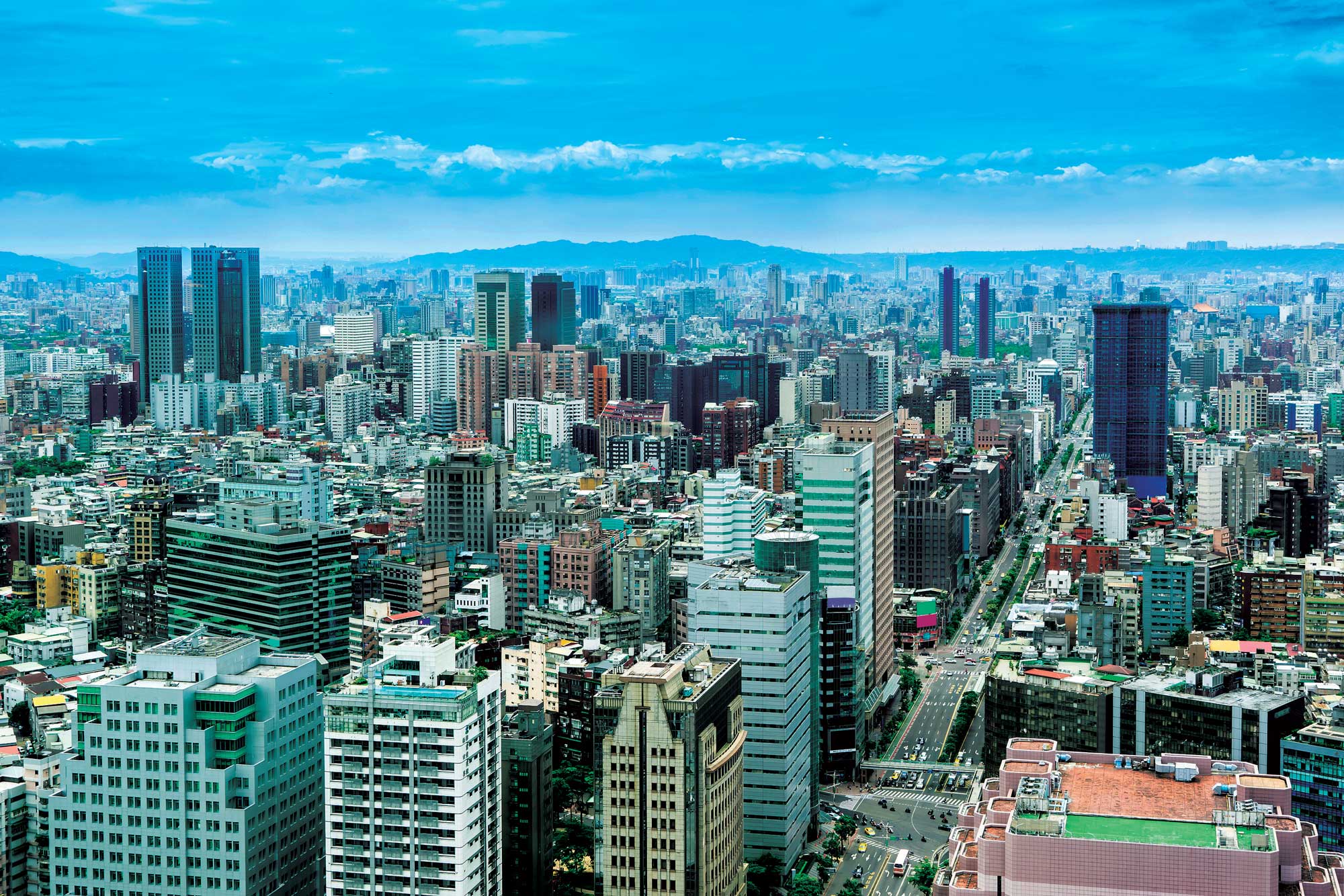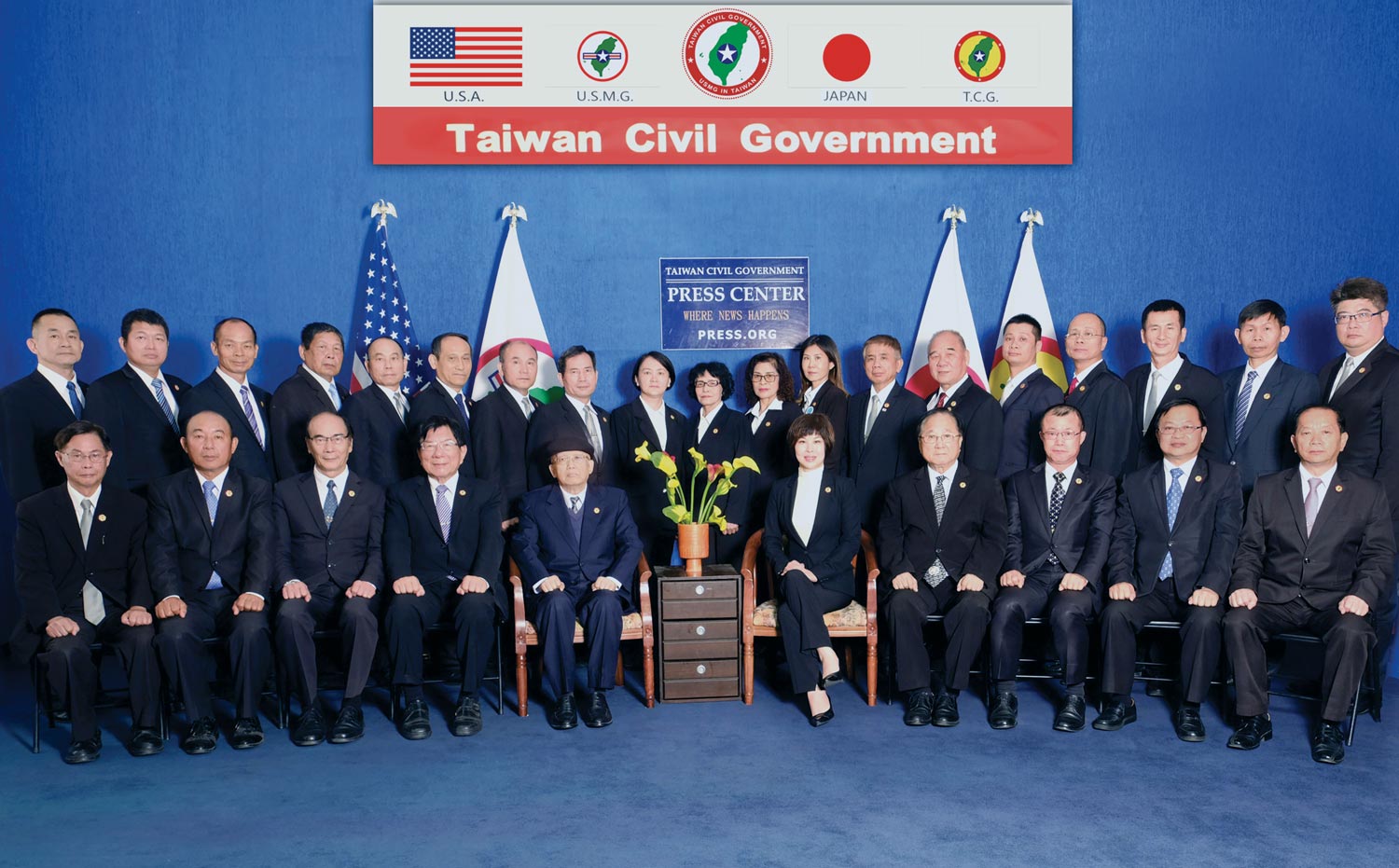TAIWAN CIVIL GOVERNMENT
BRANDED STORY

April 10 marked the 40-year anniversary of the passing of the Taiwan Relations Act, which promoted cultural and economic cooperation between the US and Taiwan, and also provided for the security of Taiwan against military attacks. Now in the face of increased Chinese saber rattling and economic pressure on Taiwan, it is time for the US and its allies in the G20 to increase economic cooperation with Taiwan.
The United States has passed several pieces of legislation within the last year, and authorized arms sales to Taiwan in an effort to forge an even closer relationship with the island nation. In December Congress passed and President Donald Trump signed into law the Asia Reassurance Initiative Act (ARIA), which “establishes a multifaceted U.S. strategy to increase U.S. security, economic interests, and values in the Indo-Pacific region,” according to the White House. It calls for $1.5 billion in aid to the region, including enhanced economic cooperation with Taiwan.
Recently, in 2018, the Taiwan Travel Act was signed into law, facilitating travel and meetings between high ranking US and Taiwanese officials. In January Congress authorized the sale of 66 F-16 fighter jets to Taiwan to increase their defensive capabilities against an attack from China. And, on April 16, the State Department authorized $500 million for maintenance and pilot training for F-16s.
April 10 marked the 40-year anniversary of the passing of the Taiwan Relations Act, which promoted cultural and economic cooperation between the US and Taiwan, and also provided for the security of Taiwan against military attacks. Now in the face of increased Chinese saber rattling and economic pressure on Taiwan, it is time for the US and its allies in the G20 to increase economic cooperation with Taiwan.
The United States has passed several pieces of legislation within the last year, and authorized arms sales to Taiwan in an effort to forge an even closer relationship with the island nation. In December Congress passed and President Donald Trump signed into law the Asia Reassurance Initiative Act (ARIA), which “establishes a multifaceted U.S. strategy to increase U.S. security, economic interests, and values in the Indo-Pacific region,” according to the White House. It calls for $1.5 billion in aid to the region, including enhanced economic cooperation with Taiwan.
Recently, in 2018, the Taiwan Travel Act was signed into law, facilitating travel and meetings between high ranking US and Taiwanese officials. In January Congress authorized the sale of 66 F-16 fighter jets to Taiwan to increase their defensive capabilities against an attack from China. And, on April 16, the State Department authorized $500 million for maintenance and pilot training for F-16s.

It is not in the interests of either the United States, nor its allies in the G20 to see China take over Taiwan now or in the future. Further complicating matters was the recent overwhelming victory of the pro-China KMT party in Taiwan’s mid-term elections last fall and the prospect of the KMT taking over the presidency in next year’s election.

The U.S. has a vital interest in cross-strait stability, and that can only be assured if the people of Taiwan believe they will not be overwhelmed economically by Beijing. An FTA with the United States would signal that Taiwan has many economic options, and open the door for other countries to follow suit. Taiwan’s current and future political leaders would find that an FTA allowed them to engage with Beijing, and with the broader international community, from a position of greater strength.
The Taiwan Civil Government (TCG), an advocacy group under the leadership of Dr. Roger Lin, fully supports such an agreement with the United States, and the EU. With over 40,000 members, the Taiwan Civil Government is a pro-US and pro-West organization that promotes self-determination for the Taiwanese people. The TCG does not support the “One Country, Two Systems” policy of China and is pursuing closer ties with the United States. With the pivotal presidential election in Taiwan on the horizon and China exerting increased influence in Taiwan, the time for a free trade agreement is now.
These materials are distributed by Global Vision Communications on behalf of the Taiwan Civil Government. More information can be found at the U.S. Justice Department.

